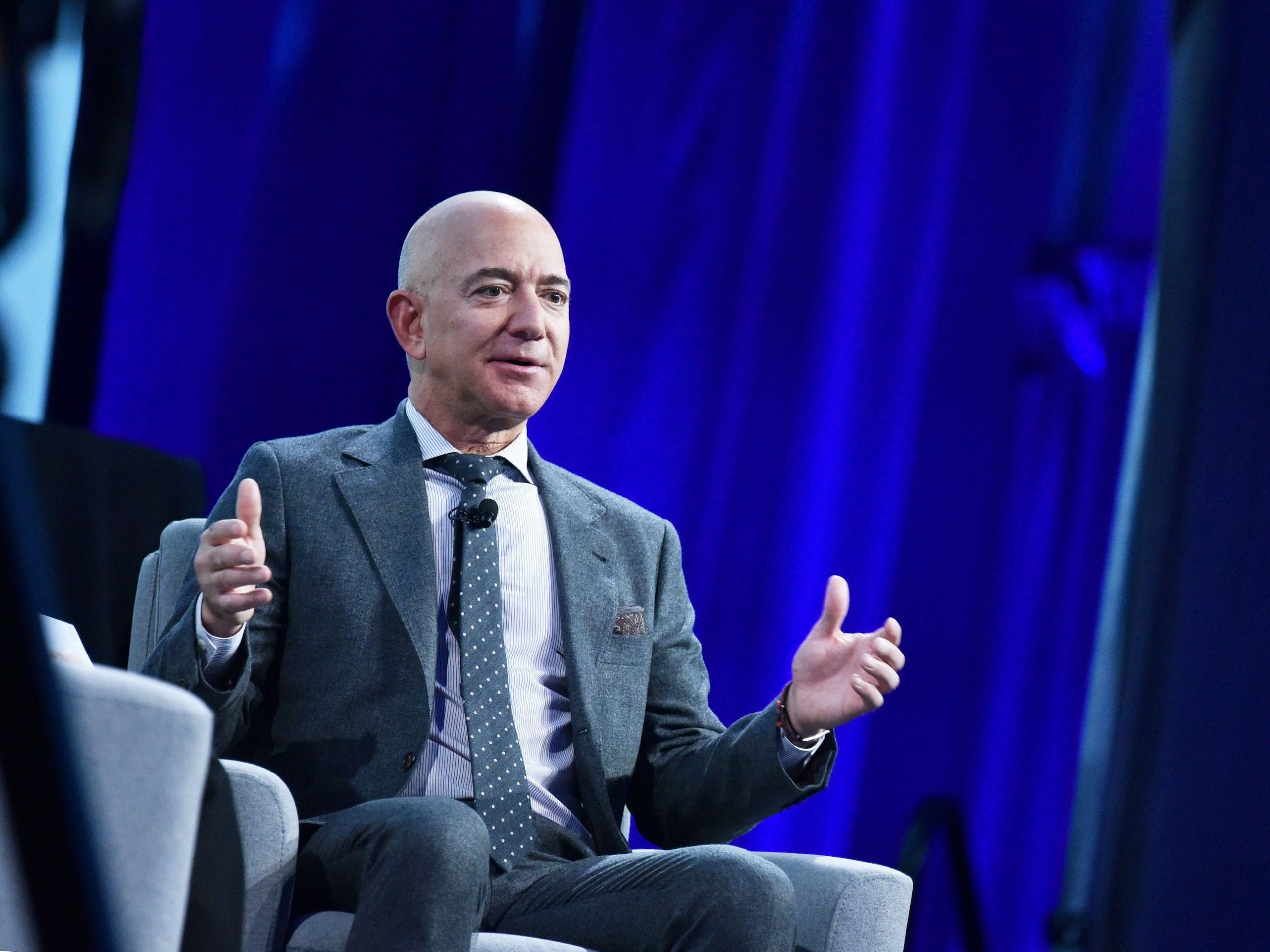
MANDEL NGAN/AFP via Getty Images
- Amazon has become Washington state’s largest private employer, usurping airplane manufacturer Boeing, according to the Seattle Times.
- The ecommerce giant added a total of 400,000 new jobs in 2020, with 16,500 of them based in Washington. That brings Amazon’s total to 80,000 employees in Washington.
- By comparison, Boeing has 58,800 Washington-based employees, according to the Times, following several rounds of buyouts this year.
- Boeing was still reeling from the 737 Max crisis prior to the pandemic, but the coronavirus outbreak led to customers delaying orders and deliveries of new planes.
- Visit Business Insider’s homepage for more stories.
Amazon has officially surpassed Boeing to become Washington’s private employer after a year of growth spurred by the pandemic.
The ecommerce giant embarked on five separate hiring pushes since March, adding a total of 400,000 new workers throughout the year. Over 16,500 of those new employees are based in Washington, bringing its total to more than 80,000 employees – a 25% increase since 2019, according to the Seattle Times.
Boeing ended 2020 with 58,800 employees, an 18% reduction since the start of 2020. The Times notes that Boeing has likely been Washington’s largest employer since the post-World War II era.
Amazon had a lucrative 2020 thanks to skyrocketing demand amid the pandemic. The rise in online shopping as more people stayed home than ever before sent Amazon shares surging and led the company to make what it called “the biggest peacetime workforce ramp-up by any company in history.”
The increase in ecommerce demand led Amazon to add more physical space: The company said in July it expected to grow its footprint by roughly 50% in 2020.
Amazon's rise has also sent Jeff Bezos' net worth soaring: The Amazon CEO's wealth exploded by $72 billion in 2020.
For its part, Boeing began the year still reeling from the 737 Max crisis, where two planes crashed within five months, resulting in 346 deaths. The planes were grounded for over 18 months, though they have recently returned to the skies.
Boeing was also hit hard by the coronavirus pandemic: Decreased demand for air travel meant Boeing customers were delaying new aircraft orders and plane deliveries, resulting in the company losing $2.4 billion in the second quarter.
In an effort to cut costs, the plane manufacturer conducted multiple rounds of buyouts for employees: It first offered voluntary buyouts for employees, then conducted involuntary layoffs in May. In August, Boeing conducted another round of buyouts.

